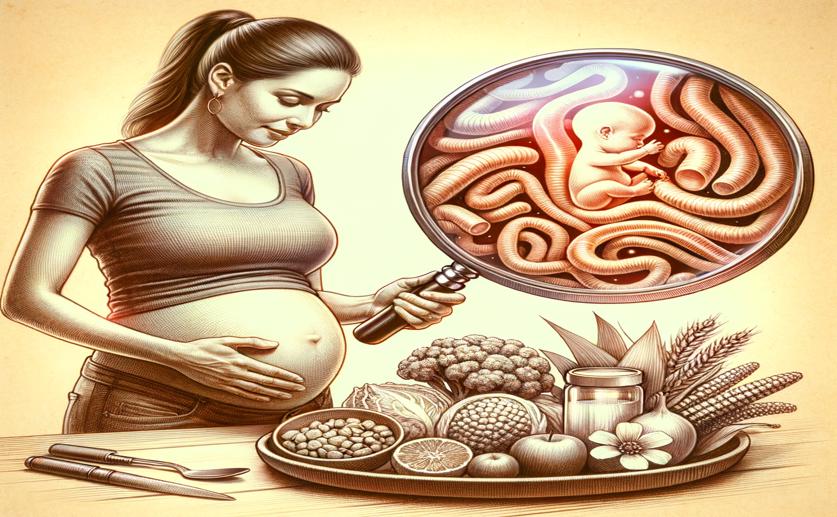
Understanding How Gut Health Affects Mothers and Babies During Pregnancy
Jim Crocker
13th August, 2024

Image Source: Natural Science News, 2024
Key Findings
- The study in Matiari District, Pakistan, investigates how the gut microbiome affects maternal weight gain and birth outcomes in undernourished pregnant women
- Maternal weight and gut microbiome composition are monitored from early to late pregnancy to understand their impact on birth weight and infant growth
- The research aims to uncover new ways to improve maternal and infant health by optimizing nutrition through understanding the gut microbiome's role
References
Main Study
1) Elucidating the dynamics and impact of the gut microbiome on maternal nutritional status during pregnancy, effect on pregnancy outcomes and infant health in rural Pakistan: study protocol for a prospective, longitudinal observational study.
Published 12th August, 2024
https://doi.org/10.1136/bmjopen-2023-081629
Related Studies
2) Effect of women's nutrition before and during early pregnancy on maternal and infant outcomes: a systematic review.
3) The association between restricted intra-uterine growth and inadequate postnatal nutrition in very-low-birth-weight infants and their neurodevelopmental outcomes: a 50-month follow-up study.
4) Maternal and child undernutrition and overweight in low-income and middle-income countries.
5) Mortality risk in preterm and small-for-gestational-age infants in low-income and middle-income countries: a pooled country analysis.



 11th June, 2024 | Jim Crocker
11th June, 2024 | Jim Crocker